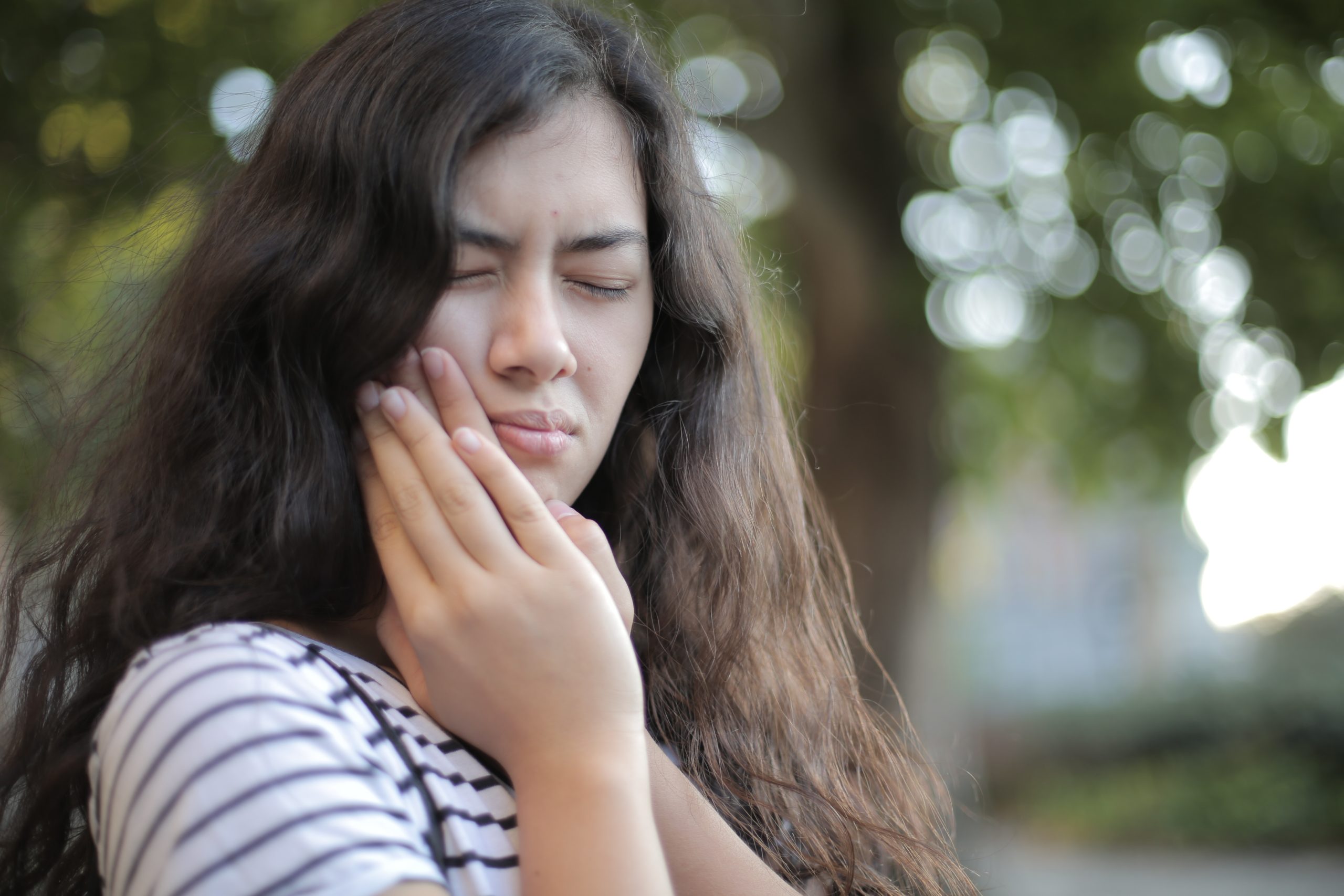Little research has been done on the use of cannabinoids in dentistry. However, research shows that CBD can treat toothache, abscesses, periodontitis and post-surgical trauma.
Science has largely shown that compounds like THC and CBD have anti-inflammatory, antioxidant and bone-stimulating properties that can help treat many serious diseases. Dental and gum diseases are also among them.
There have been few studies on the use of cannabis derivatives in dentistry, and the benefits of CBD have not been fully explored. Patient-reported results are contradictory, with some people finding CBD to provide great relief from dental pain, while others say it does not. However, people are increasingly accepting that CBD may be able to treat the symptoms of various chronic diseases, and that CBD’s analgesic properties may also be effective in treating acute conditions.
Why do we have toothaches?
Most toothaches are caused by infections. The inside of our teeth contains nerves and blood vessels through which we feel heat, cold, touch and pain. This inner part is called dentin and like any other part of our body, it hurts when it becomes infected.
The transparent sticky film that food (especially starches and sugars) leaves on the teeth forms a bacterial film that spreads on the tooth. Sporadic or improper cleaning encourages bacteria to multiply. Next, a hole can form deep in the tooth, causing infection, toothache, and eventually damage to the tooth. When bacteria and their acidic environment reach the dentin, the infection can enter the bloodstream and cause swelling, compress nerves and cause pain.
Another cause of toothache is periodontitis and the painful abscesses that accompany it, which can affect the supporting structures of the teeth and cause the cavity between the teeth to become deeper over time. Bent, overlapping or twisted teeth, as well as hormonal changes, stress or poor diet can also cause pain. Regardless of the cause of the pain, a visit to the doctor is always advisable if the toothache is persistent or severe. In addition, professional checkups and cleanings are recommended every 6 or 12 months to
prevent dental disease.
What CBD can do for our teeth
Our bodies create inflammation for immune purposes, usually when trying to fight off bacterial or viral attacks or trauma. Some cannabinoid receptors reduce the immune response when affected by CBD, thereby reducing inflammation. Our mandibular salivary glands also have endocannabinoid receptors. This is where topical, antibacterial, antiseptic and analgesic CBD effects can be effective. Several studies have shown that CBD is both antibacterial and antiseptic, which means it can help prevent microbes from
multiplying in your mouth.
How to use CBD for dental health
Assuming that oral CBD is considered safe, applying it directly to the affected teeth and gums can be a safe, quick, and effective treatment for toothaches.
There are several types of CBD products that can effectively reduce toothache and swelling. Oral sprays, oils and tinctures can be applied directly to the affected area. It works best with (thoroughly cleaned) fingers. Use your fingers to gently apply the preparation to the teeth and gums. You can also open CBD capsules or crush cannabinoid pills and apply the powder to the affected area. A tea bag with dried flowers placed high in CBD is also fine.
If you need relief after surgery, you can use a cotton swab dipped in CBD oil in the space left after tooth extraction as a pain reliever. The same is true if your gums are painful and sensitive after a professional cleaning by experts. In addition to relieving pain, CBD also helps keep the area free of bacteria.
Side effects
Cannabinoids can reduce saliva production. A dry mouth is not only uncomfortable, but it also provides a good biochemical environment for bacteria, making it a good environment for tooth and gum disease. If you smoke while drinking coffee, tea and alcohol, this will dry out your mouth and form tartar. The necessary steps to increase saliva production are to drink plenty of water, use mouthwash, chew gum, and most importantly, brush and floss your teeth regularly and properly.
With good oral hygiene, dry mouth from CBD and other substances should not be a problem for most people.
Talk to your dentist
CBD’s potential for dental disease still needs to be studied before dentists can start using it. Based on the scientific evidence to date, you can safely use CBD to relieve dental pain, but this should always be done after consulting with a dentist, especially if you have been prescribed painkillers. Remember, even if you can successfully treat your symptoms with CBD at home, only a dentist can fix your dental problems themselves.

